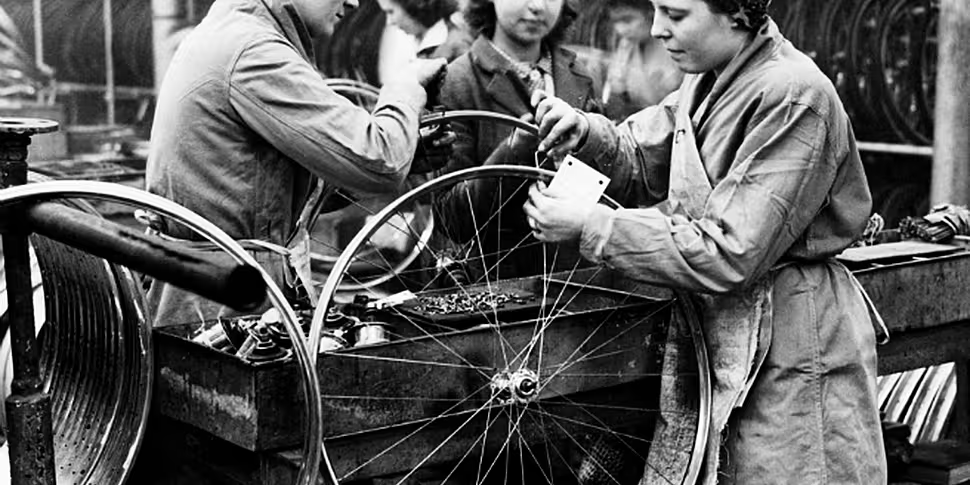To coincide with International Women’s Day, Eurostat has examined continuing gender inequality when it comes to pay and employment in the EU.
The total unadjusted gender pay gap stood at 16.1% for the EU in 2014. This key indicator in gender statistics is defined as the difference between the average gross hourly earnings of men and women expressed as a percentage of the former. This means that, on average, women earn 84 cents for every euro a man makes per hour.
The Irish figure was taken from 2012 and stood at 14.4%, placing us below the latest European average.
Ranking 10th, we fared better than the likes of Spain, Germany, Iceland and Switzerland, as well our nearest neighbours – Britain’s figure for 2014 was 24%. Estonia has the most pronounced disparity, at 28.3%, while Slovenia’s gender pay gap was a mere 2.9%.
Despite our mid-level placing, the figures showed the Irish gender pay gap actually widened over the course of four years.
The figure of 14.4% was up from 12.6% in 2008, suggesting more women entered the workforce in a part-time capacity during the recession. Even with this proviso, the situation does not seem to be improving at home.
A much higher percentage of Irish women also move to part-time work when they have children, when compared to fathers.
While 16.2% of women with no children are engaged in part-time employment, the figure jumps to 32.7% for those with one child.
Along with the French, Ireland has the EU’s highest fertility rate, at two children per woman. With this in mind, 37.2% of Irish women with two children work part-time. It rises to 47.3% if they have more than three children.
In stark contrast, men are actually less likely to engage in part-time work if they become fathers.
Those without children are at 12.2%, with the amount of part-time workers falling to 8.9% for those with one child. It drops to 8.6% for those with two, and is at 8.9% for those with three or more.
The data highlights the fact that it is primarily women who take the employment hit when it comes to working and raising a family, with fatherhood having only a marginal effect on a man’s career.









